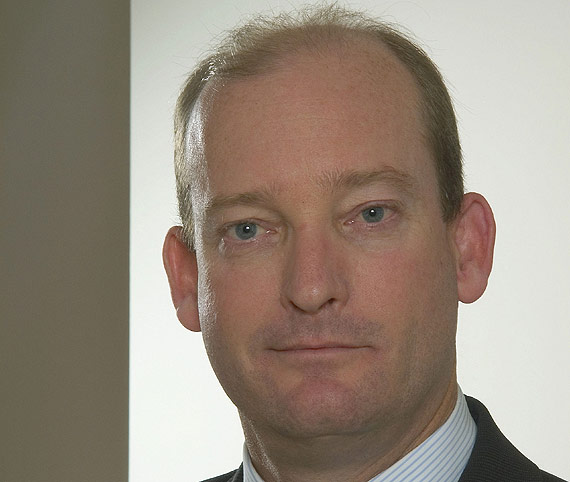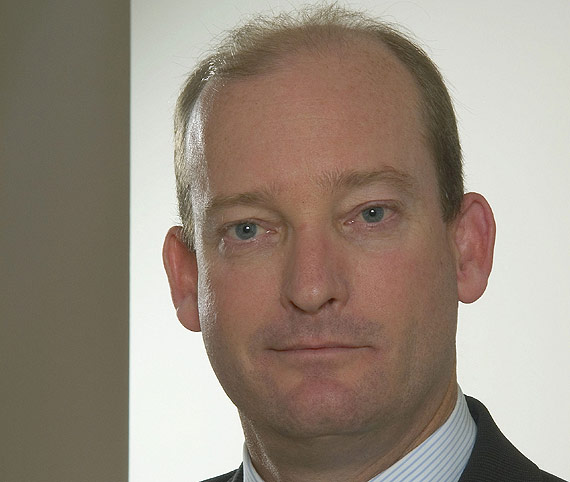 Lamar McKay, President BP AmericaPhoto: BP The planet’s most powerful oil executives found their well-tailored behinds planted in the Congressional hot seat today, as the House Energy and Commerce Committee grilled the chiefs of ExxonMobil, ConocoPhillips, Chevron, Shell, and, of course, BP America about the Gulf oil spill and drilling safety.
Lamar McKay, President BP AmericaPhoto: BP The planet’s most powerful oil executives found their well-tailored behinds planted in the Congressional hot seat today, as the House Energy and Commerce Committee grilled the chiefs of ExxonMobil, ConocoPhillips, Chevron, Shell, and, of course, BP America about the Gulf oil spill and drilling safety.
Recaps of the hearing are all over by now, so here are just the highlights. And by “highlights” I mean examples of corporate irresponsibility and political ineptitude. Here we go!
Throwing BP under the bus. As expected, the four executives whose companies aren’t currently fouling the Gulf of Mexico (at least not on BP’s scale) were quick to turn on the beleaguered BP, saying their drilling practices are far safer.
“It is not a well that we would have drilled with that mechanical set-up,” Marvin Odum, president of Royal Dutch Shell’s U.S. operations, said of BP’s Deepwater Horizon site.
“Practices we would not have put in place were employed here,” said Chevron CEO John Watson.
“A number of design standards that I would consider to be the industry norm were not followed,” said ExxonMobil CEO Rex Tillerson.
Filter out the polite corporate-speak and those are some harsh words for their fellow company. This isn’t the united front Big Oil usually presents.
Walruses, walruses, walruses. But as Henry Waxman (D-Ca.), committee chairman and lead smackdown-giver, notes, the five companies had spill response plans nearly identical to BP’s. They used some of the same words, including absurdities about walruses, sea lions, and sea otters in the Gulf (probably cut-and-pasted from an Arctic response plan), and the phone number for a long-dead expert. The companies apparently all bought emergency plans from the same third-party vendor and signed off on them without any scrutiny.
“ExxonMobil, Chevron, ConocoPhillips, and Shell are as unprepared as BP,” said Waxman.
“The only technology you seem to be relying on is the Xerox machine,” added Rep. Ed Markey (D-Mass.).
Rep. Bart Stupak noted that Exxon’s disaster response plan has 9 pages on oil removal and 40 pages on dealing with media. Ouch.
Freedom from oil? Impossible. Surprising absolutely no one, the execs dismissed the idea that America can do anything about its dependence on fossil fuels. “We’re going to need oil for decades to come … it will be decades that we’re using oil and gas,” Shell’s Odum said.
(Luckily, he’s wrong — we’ve got lots of good options for kicking the offshore oil habit.)
Inhofe: Whatever we do, we must not address the underlying problem. James Inhofe (R-Oklahoma), the Senate’s lead purveyor of climate nonsense, was most concerned that the nation’s Gulf spill response not connect the fossil-fuel disaster to the climate challenge.
“This is remarkable: here we have the most significant environmental disaster in our nation’s history, and the President decides now is the time for cap-and-trade, a massive new energy tax,” Inhofe said in a floor speech Tuesday.
How forcefully will Obama make that connection? We’ll find out soon in his Oval Office address.



